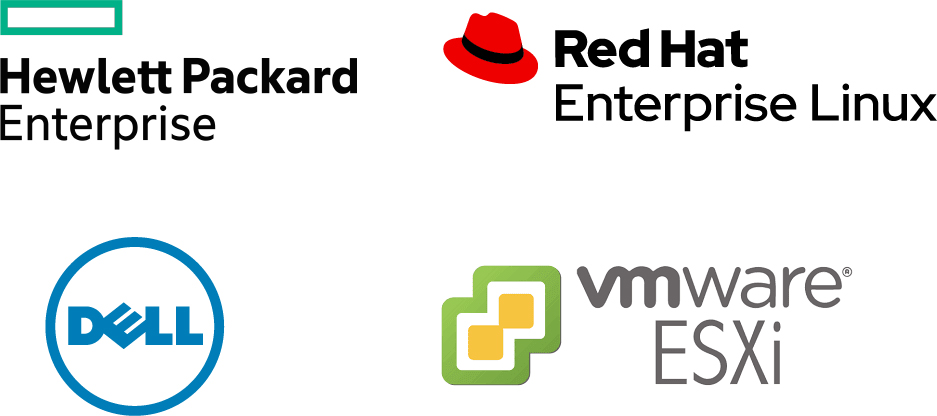

There is a major shift towards scale-out deployments in datacenters. Scale-out is driven by a new era of software (On-Prem Cloud, HPC, AI/ML, Containers, VMWare Virtualization, VDI, etc.). However, organizations are facing significant friction with the onboarding, provisioning and management of their physical hardware. Hardware is an expensive and difficult resource to deploy within a data center, driving organizations to move to the cloud.
RedefinIT BMA addresses the key challenges in managing bare-metal servers by providing a simplified approach to OS installation and Firmware updates. It uses modern industry standard technologies and protocols to automate OS installation and Firmware updates in a secure, faster and reliable way. This product supports multiple vendor hardware and multiple operating systems and hypervisors, making it a versatile tool in the modern enterprise datacenter. It is highly scalable to handle large-scale deployments. With RESTful API interface, this tool can be easily integrated with O&M (orchestration and management) tools such as Ansible, Terraform etc. for complete end-to-end automation of Day-1 and Day-2 operations for bare-metal server infrastructure.
RedefinIT BMA reduces the complexity in bare-metal server deployment by providing a simplified approach to automate the OS installation and Firmware update process. BMA significantly reduces the cost as well as the time consumption of both processes. Some of the notable advantages are as follows:



RedefinIT BMA uses modern industry standard technologies such as DMTF Redfish, Virtual Media, UEFI, HTTPS/TLS for faster, reliable and secure bare-metal server provisioning. This product not only supports multi-vendor server hardware and operating systems but also hypervisors, making it a versatile tool in the modern enterprise datacenter. Some of the significant features are as follows:
